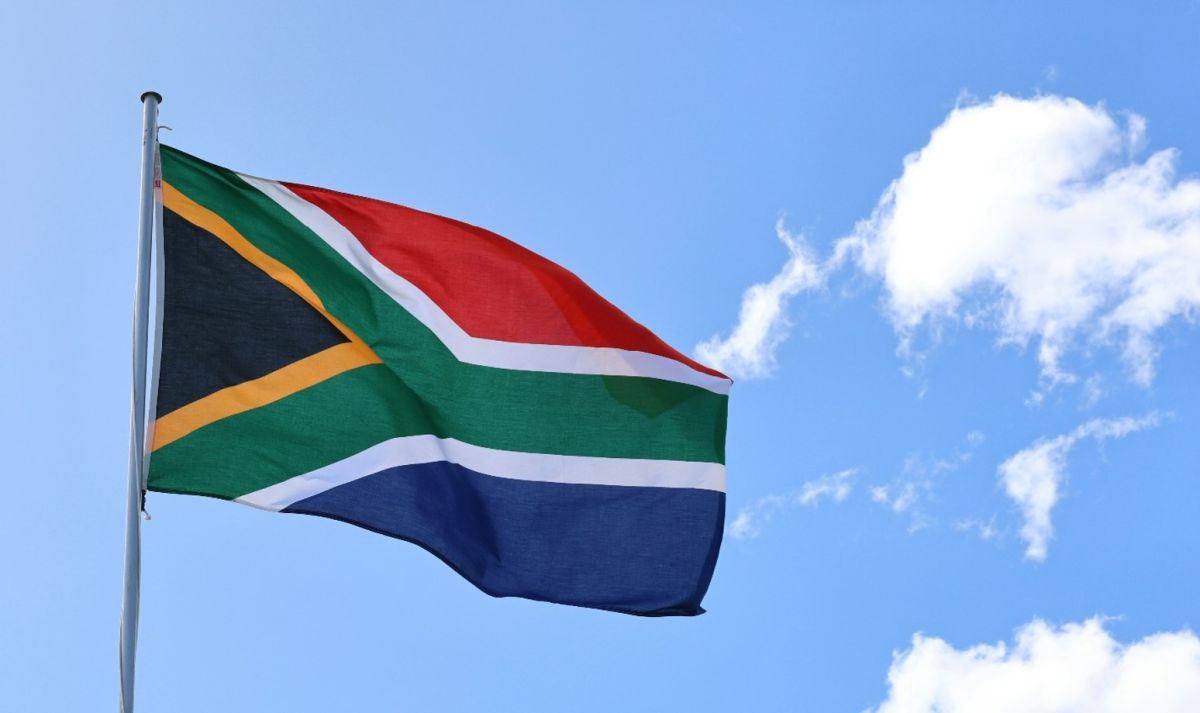
Economy, Week in Review
South Africa’s economic crossroads
South Africa, Africa’s largest economy with a GDP over $373 billion, faces significant challenges despite its former promise of stability. Their economy contracted by 0.1% in the first quarter of 2024, dragged lower by manufacturing, mining and construction.

South Africa, Africa’s largest economy with a GDP over $373 billion, faces significant challenges despite its former promise of stability. Their economy contracted by 0.1% in the first quarter of 2024, dragged lower by manufacturing, mining and construction.
As President Cyril Ramaphosa’s administration seeks to revitalize growth with a new economic agenda, projections vary widely with experts forecasting modest improvements amidst lingering uncertainties.
Why it matters: Navigating South Africa’s economic challenges is pivotal, as its growth can influence regional stability and investor confidence in emerging markets.
Slow economic growth
South Africa’s economic growth in 2024 is expected to be 1.0% year-on-year (y/y), stronger than the 0.5% y/y growth in 2023, according to Investec Focus. In May, South Africa’s annual inflation rate was 5.2%—a four-month low but still higher than the central bank’s target of 4.5%, per Trading Economics.
Supply chain issues
South Africa faces supply chain issues due to disruptions in global maritime trade caused by Yemen-based Houthi attacks on ships in the Gulf of Aden, Red Sea and Suez Canal in late 2023 and early 2024.
- “Rerouting vessels around the African continent add about 12 days to the ship journey on a route from Asia to Europe and acts as a negative supply shock equivalent to a roughly 30% increase in transit times,” reads a UNCTAD report. “Extended travel distances and transit times are estimated to cut effective global container shipping capacity by around 9%.”
By early March 2024, containership arrivals at South African ports increased by 328% since early December 2023, leading to port congestion in Durban and Cape Town.
Economic reform
In May, Ramaphosa proposed a plan to revitalize the nation’s economy and potentially reverse its decade-long decline. In his policy speech, Ramaphosa highlighted economic growth as the new multi-party administration’s top priority. “The government of national unity will pursue every action that contributes to sustainable, rapid economic growth and remove every obstacle that stands in the way of growth,” he told lawmakers.
According to Bloomberg, Ramaphosa also promised to relook at regulated costs like electricity and fuel that have propped up inflation as well as the unemployment rate of above 30%.
Zoom out: The South African business culture mirrors that of Europe and the West, emphasizing the value of education and experience. Leadership, judgment, fairness and knowledge are key criteria for those in positions of authority. Here are some quick tips for doing business in South Africa:
#1 Take the initiative. Networking and relationship building are critical in South African business culture as they value trust. Start building trust by inviting them to lunch and offering a small gift, which is acceptable in the business setting. Your counterparts also might give you a nickname. They do this to show they like and accept you.
#2 Be polite. South Africa’s is a polite culture that bestows respect according to age, kinship and social status. While greeting styles vary by heritage, firm handshakes with eye contact and a smile are common in larger, cosmopolitan areas. A modern African handshake is softer, often done with the fingertips and with less eye contact. Women may also bend their knees, an indication of respect.
After introducing yourself with your name, title, location and role, let your counterpart continue the conversation. As you respond, know that safe topics include children, work, sports and asking about someone’s home or region of origin.
#3 Be friendly in negotiations. While South African businesspeople are known to be risk-takers, they tend to be wary of outsiders until they get to know you. For successful negotiation, establish a strong relationship through face-to-face meetings in a friendly manner. South Africans tend to avoid confrontation but often are direct and use humor to break the ice and ease tensions in various settings.
#4 Do your research. To make a good first impression, conduct thorough research prior to engaging in business with South African partners. You must understand the country’s social situation and you must show how you’ve adapted your policies and proposals to meet these conditions.
#5 Dress to impress. Appropriate business dress will depend on the season, as well as the nature of the work and the industry. Work attire is formal in both private and government sectors in major economic centers like Gauteng Province. Conservative dressing is recommended for both genders.
- Men should opt for woolen or lightweight business suits, or dark sports jackets and slacks, paired with long-sleeved dress shirts and ties.
- Women can wear knee-length skirts or dresses with modest blouses. A jacket is advisable for both genders due to potential over-air conditioning in offices.
What’s next: Deloitte projects growth to reach 1.3% in 2024 and 1.6% in 2025, which is more optimistic than the International Monetary Fund’s (IMF) outlook of 0.9% in 2024 and 1.3% in 2025.
By the numbers: Customers in South Africa have averaged 9 days beyond terms, with 33% of credit professionals saying payment delays have increased, per the FCIB Credit and Collections Survey. The most common causes for payment delays are supply chain/shipping issues (83%) and customer payment policy (67%).
What FCIB Credit and Collections Survey respondents are saying:
- “You can do open terms transactions in the country.”
- “We are working with well established, big name companies and experiencing no problems.”
- “Know all you can about the customer, make sure to obtain updated credit information and look for owner and addresses verification. Pull a credit report for payment history and legal status and name verification.”





